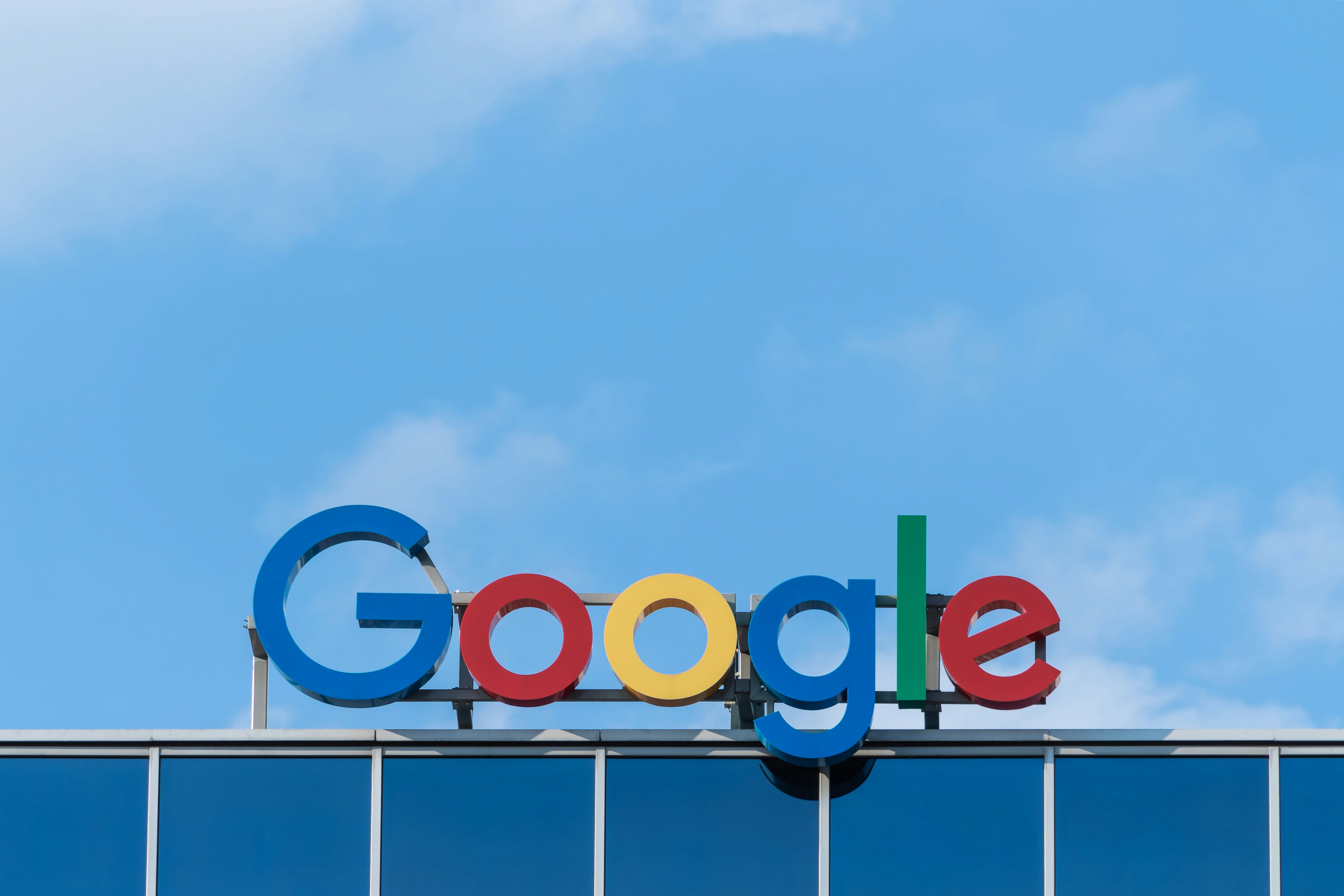The Power of Storytelling in Marketing
People love stories. Since the beginning of time, we’ve used them to share knowledge, express emotions, and connect with one another. A good story stays with us far longer than a list of dry facts or figures. That’s because stories evoke emotion and engage multiple senses. They make information human and meaningful. Show someone a list of product features and they’ll forget it in minutes — but tell a story about how that same product changed someone’s life, and they’ll remember it, and often share it with others. In marketing, that’s priceless, because stories create both memory and connection.
From Information to Experience
Many companies make the mistake of filling their communication with information: what they do, how good they are, how much experience they have. But customers aren’t looking for a list of facts — they’re looking for a feeling. They want to know: “What does this mean for me?” And that’s exactly where the power of storytelling lies.
A story transforms dry information into an experience. It makes a brand feel human, approachable, and relatable. Think of a shoe brand that doesn’t just say its shoes are waterproof but tells the story of a traveler who walked through a sudden downpour and arrived with dry feet. That image sticks. Storytelling turns abstract claims into something tangible because people can imagine themselves in the situation. It’s not about the shoe itself — it’s about what the shoe enables: adventure, freedom, comfort.
Building Trust Through Authentic Stories
A strong story builds trust. It shows that there are real people behind the brand — people with beliefs, experiences, and emotions. Customers are more likely to connect with a brand that honestly shares where it came from and what it stands for than with one that only tries to sell. Authentic storytelling goes beyond catchy slogans or polished marketing language. It offers a glimpse behind the scenes, shares both successes and challenges, and demonstrates that the brand’s mission is bigger than profit alone.
People don’t just buy products; they buy what those products represent. A well-told brand story touches something deeper — the desire to be part of something meaningful. When a brand shares its identity in a sincere way, it fosters loyalty that goes beyond price or function.
Storytelling in Practice
Storytelling doesn’t have to be grand or complicated. It’s about wrapping your message in a narrative that resonates. That could mean sharing customer experiences, telling the origin story of your brand, or showing the people behind the business. A glimpse behind the scenes, a moment of doubt, pride, or joy — those are the details that make a story real and memorable.
In content marketing, storytelling plays a central role. Whether through blogs, videos, or social media posts, every piece of content can tell a story. An inspiring success, a relatable frustration, or even a funny moment can highlight the human side of your brand. The more emotion and authenticity you put into your stories, the more likely your audience will remember your message.
The Emotion Behind Successful Brands
Emotion is the beating heart of storytelling. Stories that touch people stay with them. They don’t have to be grand or dramatic — small, relatable moments often have the greatest impact. Coca-Cola doesn’t sell soda; it sells moments of happiness. Apple doesn’t sell phones; it sells creativity and innovation that inspire people to think differently.
Even small businesses can use this approach. A local baker might share the story of a family recipe passed down for three generations, or a coach might tell her personal journey and how it helps others achieve their goals. These stories build emotional connections. They turn a brand into more than a logo or product — they turn it into an experience.



































































